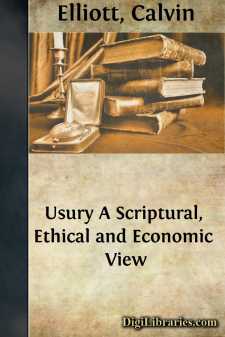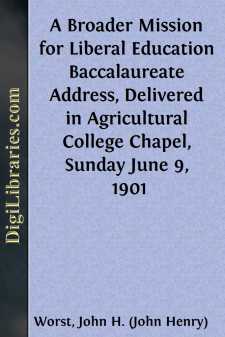Categories
- Antiques & Collectibles 13
- Architecture 36
- Art 48
- Bibles 22
- Biography & Autobiography 816
- Body, Mind & Spirit 145
- Business & Economics 28
- Children's Books 18
- Children's Fiction 14
- Computers 4
- Cooking 94
- Crafts & Hobbies 4
- Drama 346
- Education 58
- Family & Relationships 59
- Fiction 11831
- Foreign Language Study 3
- Games 19
- Gardening 17
- Health & Fitness 34
- History 1378
- House & Home 1
- Humor 147
- Juvenile Fiction 1873
- Juvenile Nonfiction 202
- Language Arts & Disciplines 89
- Law 16
- Literary Collections 686
- Literary Criticism 179
- Mathematics 13
- Medical 41
- Music 40
- Nature 179
- Non-Classifiable 1768
- Performing Arts 7
- Periodicals 1453
- Philosophy 66
- Photography 2
- Poetry 897
- Political Science 203
- Psychology 45
- Reference 154
- Religion 516
- Science 126
- Self-Help 86
- Social Science 82
- Sports & Recreation 34
- Study Aids 3
- Technology & Engineering 59
- Transportation 23
- Travel 463
- True Crime 29
Our website is made possible by displaying online advertisements to our visitors.
Please consider supporting us by disabling your ad blocker.
Usury A Scriptural, Ethical and Economic View
by: Calvin Elliott
Categories:
Description:
Excerpt
DEFINITION.
In the evolution of the English language, since the making of our King James version of the Bible, many new words have been introduced, and many old ones have changed their meanings.
In the nearly three hundred years the Saxon word "let," to hinder, has become obsolete. It was in common use and well understood when the version was made, but is now misleading. Thus we have in Isaiah 43:13: "I will work and who will let (hinder) it?" Paul declared that he purposed to go to Rome, "but was let (hindered) hitherto." Rom. 1:13. Again we have in II Thess. 2:7: "Only he who now letteth (hindereth) will let (hinder), until he be taken out of the way."
"Wot," to know, has become obsolete. Gen. 21:26: "I wot (know) not who hath done this thing." Ex. 32:1: "As for this Moses, we wot (know) not what hath become of him." Acts 3:17: "I wot (know) that through ignorance ye did it."
"Prevent," from its derivation and use, meant, "to go before;" now it means to hinder. Ps. 59:10: "The God of my mercies shall prevent (go before) me." Ps. 92:2: "Let us prevent (go before) his face with thanksgiving." I Thess. 4:15: "We who are alive shall not prevent (go before) them who are asleep."
Charity, which now means liberality to the poor, and a disposition to judge others kindly and favorably, was at that time a synonym of love, and used interchangeably with love in the translations of the Greek. This is especially noted in the panegyric of love, in the thirteenth chapter of First Corinthians, and faithfully corrected in the Revised Version, though some have felt that the beauty and especially the euphony of the familiar passage has been marred. But the word charity is no longer equivalent to love, in our language, and could not be retained without perverting the sense.
Usury, when the version was made, meant any premium for a loan of money, or increase taken for a loan of any kind of property.
Theological Dictionary: "Usury, the gain taken for a loan of money or wares." "The gain of anything above the principal, or that which was lent, exacted only in consideration of the loan, whether it be in money, corn, wares or the like."
Bible Encyclopedia: "Usury, a premium received for a sum of money over and above the principal."
Schaff-Herzog: "Usury, originally, any increase on any loan."
This was the usage of the word usury by the great masters of the English language, like Shakespeare and Bacon, in their day, and is still given as the first definition by the lexicographers of the present.
Webster, 1890 edition: "Usury, 1. A premium or increase paid or stipulated to be paid for a loan, as for money; interest. 2. The practice of taking interest. 3. Law. Interest in excess of a legal rate charged to a borrower for the use of money."
Interest is comparatively a new word in the language meaning also a premium for a loan of money. It first appeared in the fourteenth century, as a substitute for usury, in the first law ever enacted by a Christian nation that permitted the taking of a premium for any loan....












